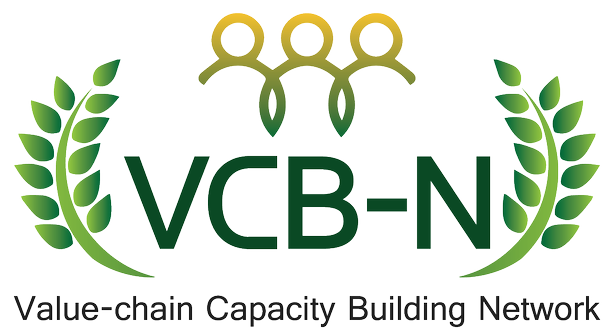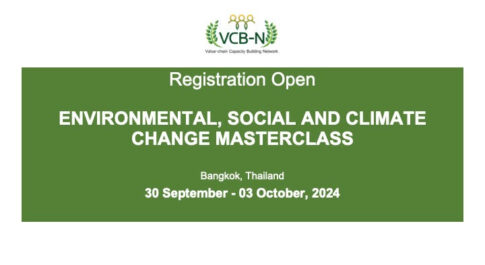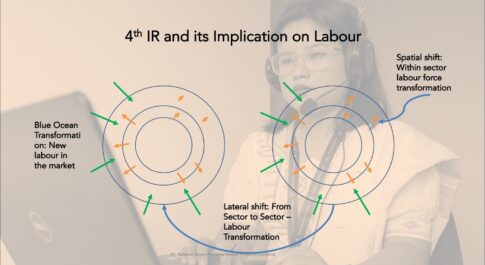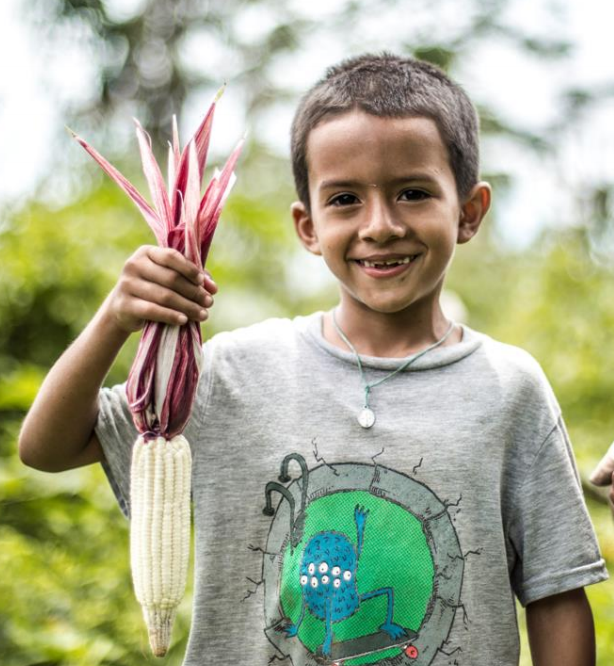
Good practice
The Aqua-based Business School: Building Capacity Towards Fisherfolk Entrepreneurship
The following good practice is conducted by Jessica C. Munoz. The case study was selected and presented in Mekong Knowledge and Learning Fair (IFAD) by representatives from Philippines.
Background
The Aqua-based Business School (ABS) is a revised adaptation of the Farmer Business School (FBS) used in agriculture. It involves a learning process where fisher groups and major stakeholders are involved in the whole value chain. It promotes fishers’ participation in a more dynamic interaction between and among the actors involved in the value chain. The ABS is guided by a flexible value-chain curricular framework. The framework has a series of experiential learning activities over a production-marketing cycle that includes actors in the chain.
Target beneficiaries are fishers, traders, processors, support providers and the consumers. The FishCORAL will conduct the ABS in three regions covered by the project. The commodities to be included in the value chain are mud crab, milkfish, seaweeds, mussel, cassava and sweet potato.
There are seven training modules of the ABS. These modules aim to capacitate the fisher groups and other actors on the whole value chain processes so that they are able to access the value chain opportunities and adapt to innovations, guided by a business plan supported by business development services. These modules are gender-sensitive and consider climate change impacts.
 0
0
Innovations / Good Practices
The ABS is an adult education on value chain. It gives the actors a deeper understanding of their roles in the value chain. Participants attend trainings (classes) in a modular fashion. They are guided by trained community facilitators. The participants decide when and where to have the training. Initially, the first batch of participants will meet at least twice a month taking up one module per meeting. There are seven modules with additional sessions on ABS Final Event and Post-ABS Support. In summary, the ABS Training Modules are:
Module1: Planning and Targeting – targeting and selection of value chains based on criteria
Module2: Group Formation and Strengthening – livelihood and business goals and objectives setting
Module3: Introducing Marketing and Business Concepts – market chain perspectives; entrepreneurship; types of business organizations; climate change and gender concepts in fisheries
Module4: Identifying and Prioritizing Market Opportunities – market chain assessment and analysis; tools for priority settings; risk mitigation measures on livelihoods
Module5: Targeting and Testing Potential Innovations – planning, designing, conducting and monitoring innovations; presenting and sharing of innovations to key market chain actors and fishers
Module6: Business Planning – developing and customizing business plans with climate change and gender consideration; improving the business plans
Module7: Accessing Business Support Services – financial resources; research and extension support; legal services
ABS Final Event – launching of new businesses
Post-ABS Support – monitoring businesses and support services; managing challenges; long-term capacity development of implementers
Impact
There will be over 1,000 households from three regions that will benefit from ABS, considering the wide range of actors who will be part of the ABS. At present, there are 63 enrollees from the Autonomous Region of Muslim Mindanao (ARMM) to the ABS. The result of the training will strengthen the livelihood and enterprises that were initially identified during the training orientation. Further, the understanding of the value chain processes will result to innovations that will improve the business in fisheries. Some of the proposed business plans are: Seaweed production; Mud crab fattening; Mussel cracker processing; Milkfish culture in cage; Sweet potato production; and Cassava production;
Facilitating Factors / Challenges
The value chain analysis on fishery commodities is new to most, especially to small or municipal fishers. The modules were developed through linkage with the Foodstart+ Project, an IFAD grant project well-versed in value chain. This project assisted the FishCORAL project in the initial phase of module development that included several field validation and trainings. The partnership with the Foodstart+ Project made the development of the Aqua-based Business School possible. It was also the willingness and eagerness of the FishCORAL staff to learn new approaches for better implementation of livelihood
Another challenge is the capacity of the Community Facilitators (CFs) in guiding the fishers towards the development of appropriate businesses in the context of value chain. To address this, the Post-ABS Support will ensure a continuous capacity development for both the fisher/participant and the CFs.
The ABS is just about to start. The challenge is how to sustain the interest of the enrollees so that they all finish the ABS. One way to address this is by proper scheduling. The Community Facilitators (CF) of FishCORAL who took the Training of Facilitators have to ensure that the enrollees are guided accordingly. The trainers and the CFs are the catalyst for ABS.
Lessons Learned
The ‘’out of the classroom’’ nature of the ABS may to be a better way of imparting knowledge to individuals who are not so young anymore. This will promote better interaction among the participants because they are not confined in the traditional classroom. Most discussions will involve sharing of experiences where there will coaching and mentoring from resource persons to the mentees.
The linkage between the Foodstart+ (grant project) and FishCORAL (loan project) is an example of a partnership that can pursue the goals and objectives of both projects. The Foodstart+ provided the resource persons who were vital to the development of the training modules and manuals.
Recommendations
At the national agency in general, and the project, in particular, the value chain is a tool that can be used to enhance a better understanding of the characteristics of the various fishery commodities in order to improve the quality and marketability of such commodities.
You may want to read








